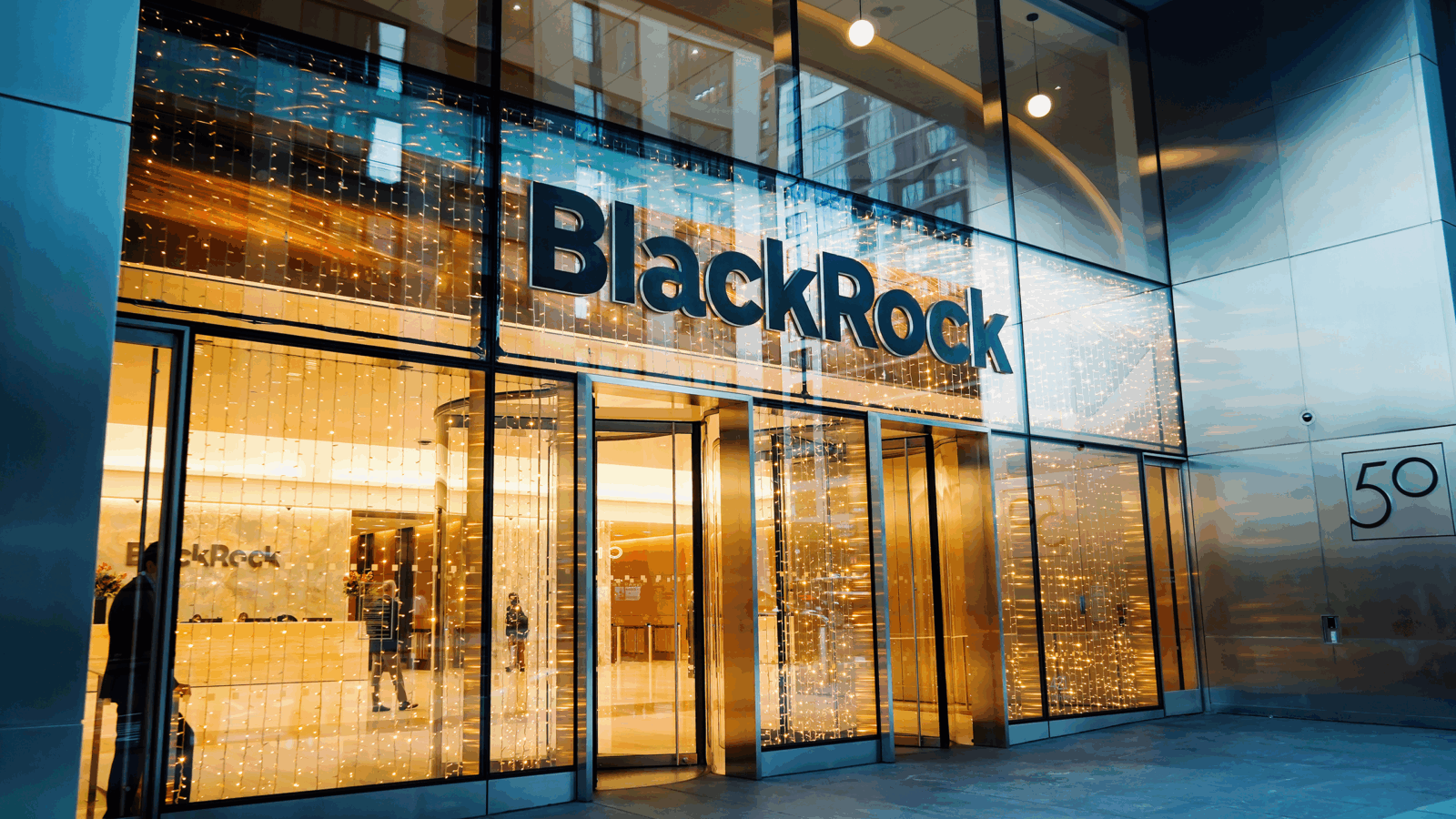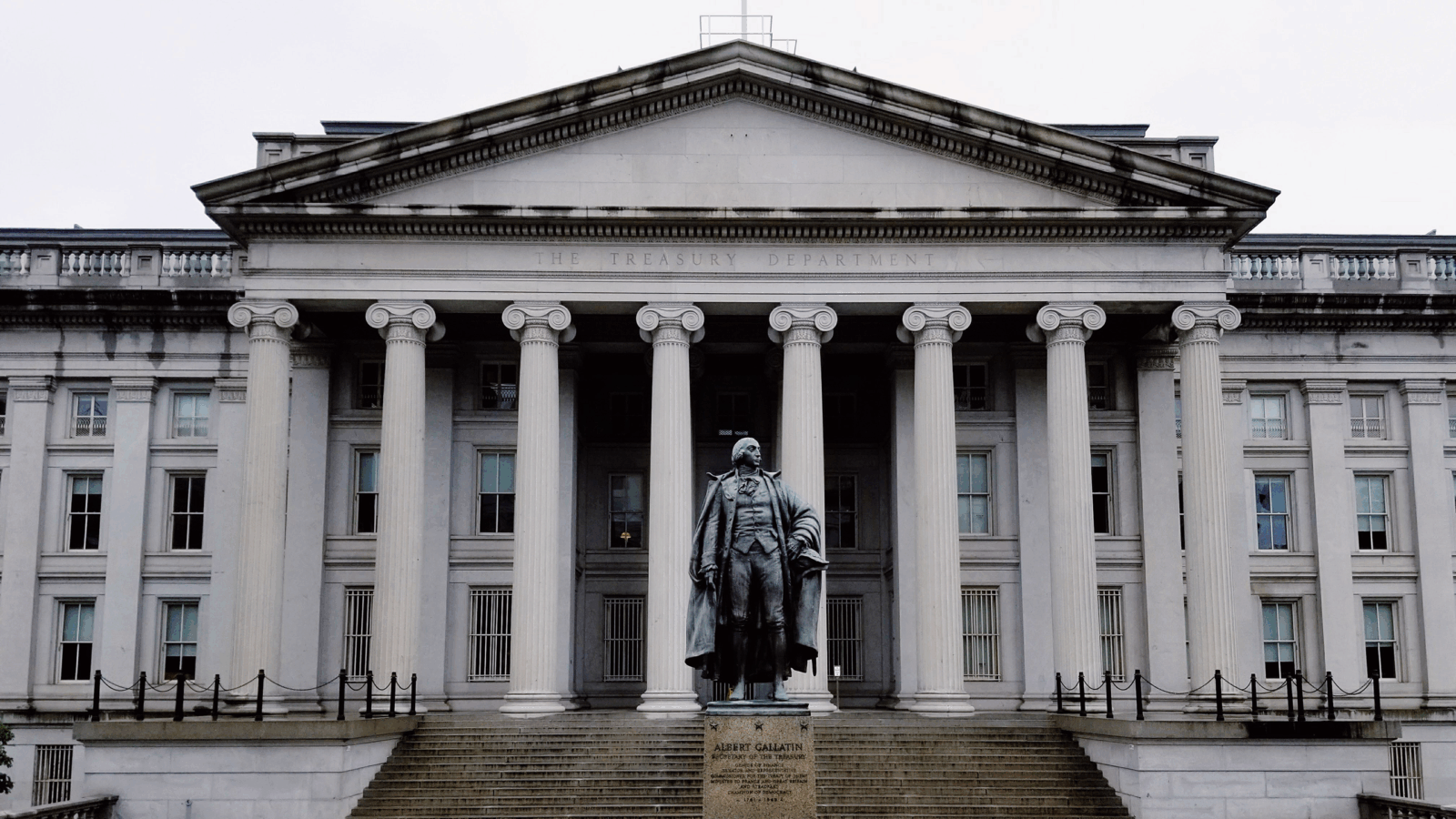JPMorgan Invests Hundreds of Millions into Forestry and Minority-led Businesses Projects

Sign up for smart news, insights, and analysis on the biggest financial stories of the day.
When it comes to ESG investing, Jamie Dimon can see the forest for the trees.
JPMorgan Chase is kicking off the year with a pair of investments worth hundreds of millions into forestry and minority-led businesses, both of which will factor into the megabank’s massive 10-year target for spending on sustainable finance.
Forest Through the Trees
On Wednesday, The Wall Street Journal reported that JP Morgan’s Timberland fund, which focuses on carbon credit forestry investments, purchased about 250,000 acres, roughly 400 square miles, of forest in the Southern pine belt for more than $500 million. A portion of the land will go toward wood production, and the rest of the trees will be left standing for carbon offsets.
Also on Wednesday, the WSJ reported Ariel Investments raised an impressive $1.45 billion to debut a new private equity fund, Project Black, that would acquire and create minority-led suppliers to Fortune 500 companies. And who kickstarted that fund? It was JPMorgan with a $200 million investment back in 2021. Taken in totality, the two investments are one small step in meeting JPMorgan’s goal of plowing $2.5 trillion into ESG between 2020 and 2030. And it’s not alone:
- In November, Oak Hill Advisors paid a massive $1.8 billion for 1.7 million acres of forest in 17 states. The plan is to have much of the land go toward carbon offsets, while only 10% to 20% of revenue would come from logging.
- A report from consulting firm McKinsey & Co. says US companies have recently pledged to spend at least $50 billion on minority- and women-owned suppliers over the next decade. JPMorgan has pledged to put up $30 billion of that sum.
Going Green-ish: Eighteen states have already passed legislation restricting them from doing business with companies that have ESG policies, but there’s not much in the way of federal regulations like in the EU. Plus, carbon offsets are rather ambiguous. It could mean buying a forest and not touching it, but it could also mean burning methane in a slightly less polluting way. Groups like JPMorgan have debuted data analysis tools to try to achieve a middle ground of double materiality: Will this investment help the world and line our pockets?











